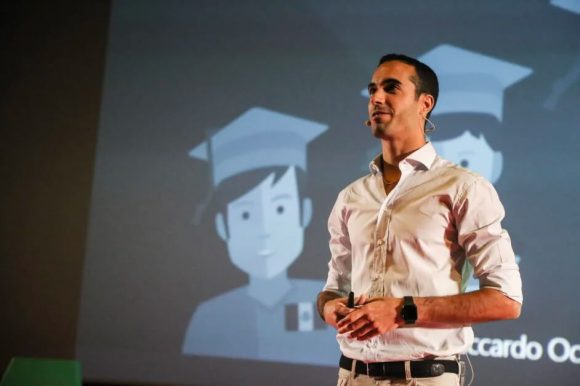Easier said than done: to paraphrase the well-known proverb, and to place it in the increasingly large collection of critical issues and opportunities related to artificial intelligence, the task that CEOs and management have to adequately integrate this technology into the company is indeed difficult. Pierluigi Casale, professor at OPIT (Open Institute of Technology, an academic institution founded two years ago and specialized in the field of Computer Science) and technical consultant to the European Parliament for the implementation and regulation of AI, is among those who contributed to the definition of the AI Act, providing advice on aspects of safety and civil liability. His task, in short, is to ensure that the adoption of artificial intelligence (primarily within the parliamentary committees operating in Brussels) is not only efficient, but also ethical and compliant with regulations. And, obviously, his is not an easy task.
The experience gained over the last 15 years in the field of machine learning and the role played in organizations such as Europol and in leading technology companies are the requirements that Casale brings to the table to balance the needs of EU bodies with the pressure exerted by American Big Tech and to preserve an independent approach to the regulation of artificial intelligence. A technology, it is worth remembering, that implies broad and diversified knowledge, ranging from the regulatory/application spectrum to geopolitical issues, from computational limitations (common to European companies and public institutions) to the challenges related to training large-format language models.
CEOs and AI
When we specifically asked how CEOs and C-suites are “digesting” AI in terms of ethics, safety and responsibility, Casale did not shy away, framing the topic based on his own professional career. “I have noticed two trends in particular: the first concerns companies that started using artificial intelligence before the AI Act and that today have the need, as well as the obligation, to adapt to the new ethical framework to be compliant and avoid sanctions; the second concerns companies, like the Italian ones, that are only now approaching this topic, often in terms of experimental and incomplete projects (the expression used literally is “proof of concept”, ed.) and without these having produced value. In this case, the ethical and regulatory component is integrated into the adoption process.”
In general, according to Casale, there is still a lot to do even from a purely regulatory perspective, due to the fact that there is not a total coherence of vision among the different countries and there is not the same speed in implementing the indications. Spain, in this regard, is setting an example, having established (with a royal decree of 8 November 2023) a dedicated “sandbox”, i.e. a regulatory experimentation space for artificial intelligence through the creation of a controlled test environment in the development and pre-marketing phase of some artificial intelligence systems, in order to verify compliance with the requirements and obligations set out in the AI Act and to guide companies towards a path of regulated adoption of the technology.
Read the full article below (in Italian):









